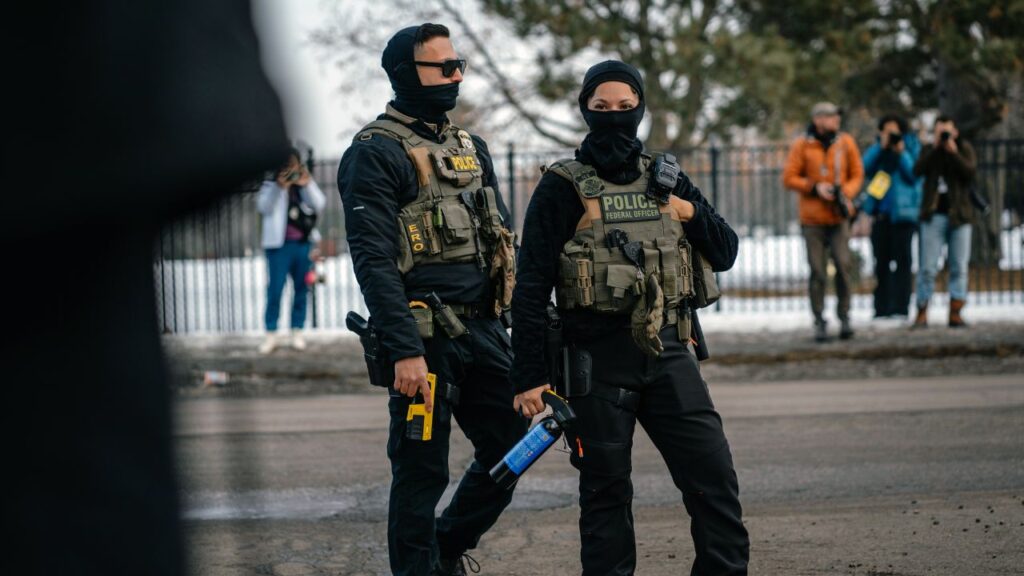Share
NASHVILLE, Tenn. — The inmate’s request was a surprising one, made three days before he was to be executed in October 2018: Edmund Zagorski told the state of Tennessee he’d rather die in the electric chair than receive a lethal injection.
Some took the request as a ploy to buy time. Defense attorney Kelley Henry insisted Zagorski was motivated by a sincere belief the lethal drugs used in Tennessee — anchored by the sedative midazolam — would mean a prolonged and agonizing death.
The state granted his request, and days later on Nov. 1, 2018, Zagorski was strapped into the stout wooden chair nicknamed ‘Old Sparky’ and put to death for shooting and slitting the throats of two men during a 1983 drug deal. Since then, the state has executed two other inmates by electrocution, bringing the total to three in the past year.
Tennessee is one of six states where inmates can choose the chair, but it’s the only state where they’re actually doing so. Courts in Georgia and Nebraska have declared the electric chair unconstitutional and the U.S. Supreme Court has never fully considered its constitutionality.
Zagorski and the others filed court challenges hoping to block their executions, arguing that both the electric chair and Tennessee’s lethal injection procedure violate the U.S. Constitution’s ban on cruel and unusual punishment. The courts refused to hear their arguments about electrocution because the inmates had voluntarily chosen that method, even though they said the decision was made under duress.
No State Uses the Electric Chair as Main Execution Method
“Tennessee is the clearest example of several dilemmas created by the U.S. Supreme Court on what constitutes cruel and unusual punishment and on state secrecy,” said Robert Dunham, executive director of the nonprofit Death Penalty Information Center. He noted that the electric chair “went out of favor in the U.S. because it is violent and brutal.”
Inmates argued last year before the state Supreme Court that Tennessee should copy Texas in adopting a single dose of the barbiturate pentobarbital. That case was dismissed, however, after Correction Department officials testified that pentobarbital was unavailable. The inmates couldn’t effectively challenge that testimony because the process of procuring execution drugs is secret under state law.
No state uses the electric chair as its main execution method. Virginia is the only other state to use the chair this decade and hasn’t done so since 2013. Before Zagorski’s execution, Tennessee had electrocuted only one other inmate since 1960.
According to the Death Penalty Information Center, over the past five years, five states have abolished capital punishment or placed a moratorium on executions. Of the 25 states where executions could still be carried out in theory, another seven have not done so this decade. The Death Penalty Information Center doesn’t take a stand on the death penalty though it is critical of its application.
In Tennessee, the state has carried out five executions in just over a year, three more are scheduled, and the attorney general is seeking to set execution dates for nine more inmates. Unless something changes, it’s likely the three who opted for the electric chair won’t be the last.
Inmates Tried to Challenge Lethal Injection
The Tennessee inmates’ decision to request the chair might seem counter-intuitive, given those who say lethal injection provides a humane and relatively painless death. But as pharmaceutical companies have worked to keep their drugs out of execution chambers, states have had to revise their protocols to match the drugs they can get their hands on.
In Tennessee, those are midazolam, a sedative used to render the inmate unconscious; vecuronium bromide, to paralyze the inmate; and potassium chloride, to stop the heart.
Expert witnesses for the inmates testified last July that midazolam wouldn’t prevent inmates from feeling pain and that Tennessee’s three-drug combination would cause them sensations of drowning, suffocation and chemical burning while rendering them unable to move or call out.
Because the inmates couldn’t prove pentobarbital was available, the court didn’t consider their evidence.
After inmate Billy Ray Irick received a lethal injection in August 2018 for the slaying of a 7-year-old Knoxville girl decades ago, the inmates tried to challenge the method again. They pointed out that Irick’s death took about 20 minutes, during which he coughed and huffed before turning dark purple. But the courts refused to take up the case.
Although the U.S. Supreme Court has declined to hear the inmates’ appeals, Justice Sonia Sotomayor has written scathing dissenting opinions. In Zagorski’s case, she wrote: “Given what most people think of the electric chair, it’s hard to imagine a more striking testament — from a person with more at stake — to the legitimate fears raised by the lethal-injection drugs that Tennessee uses.”



















